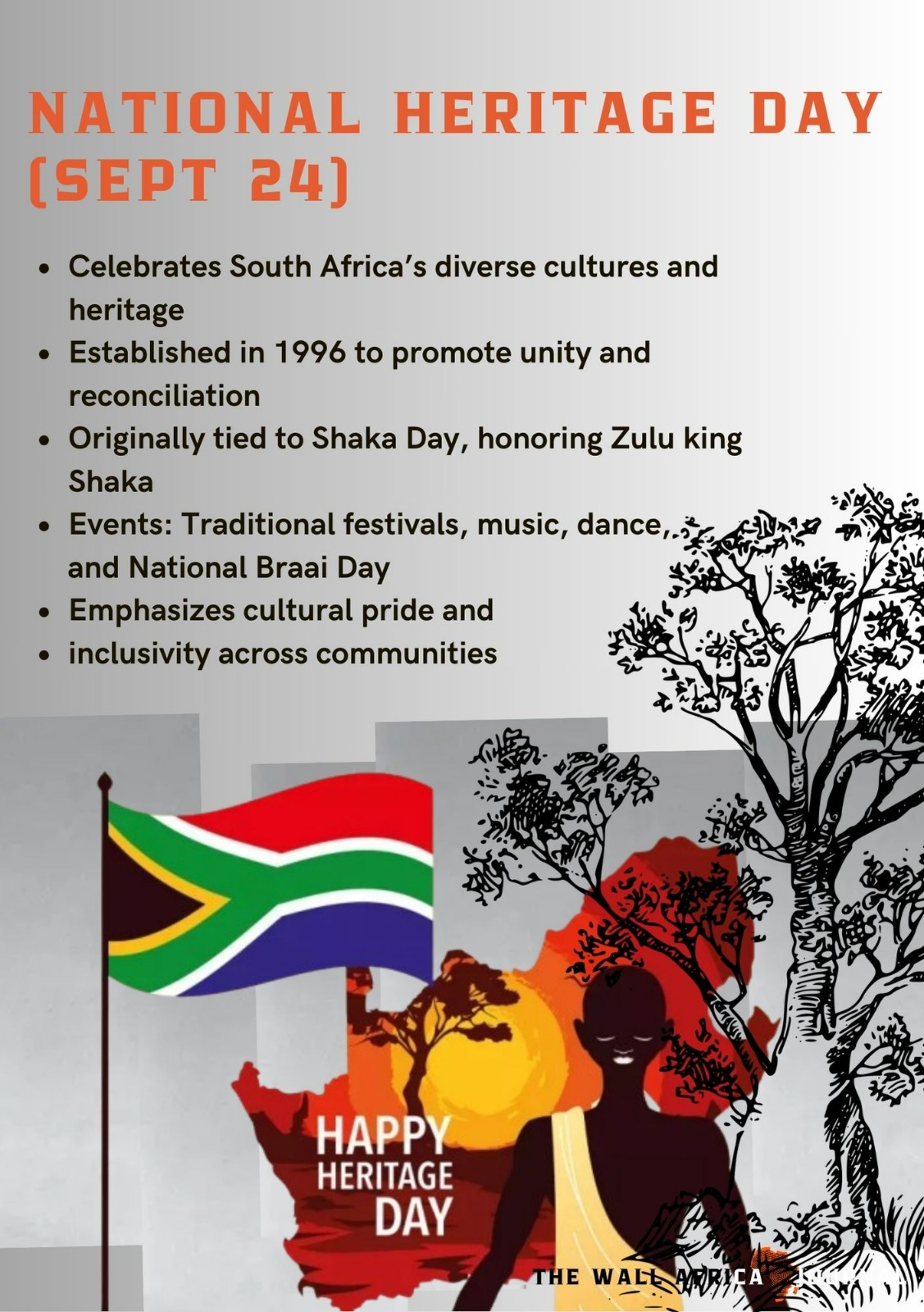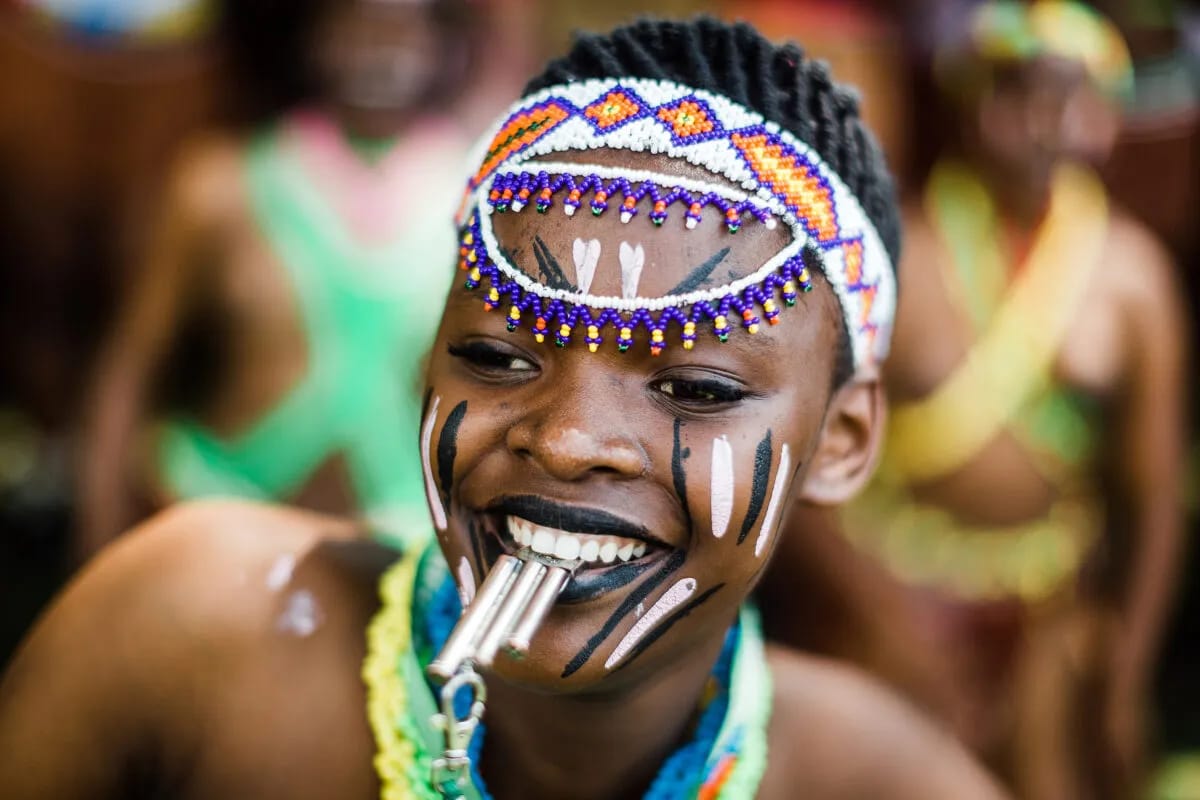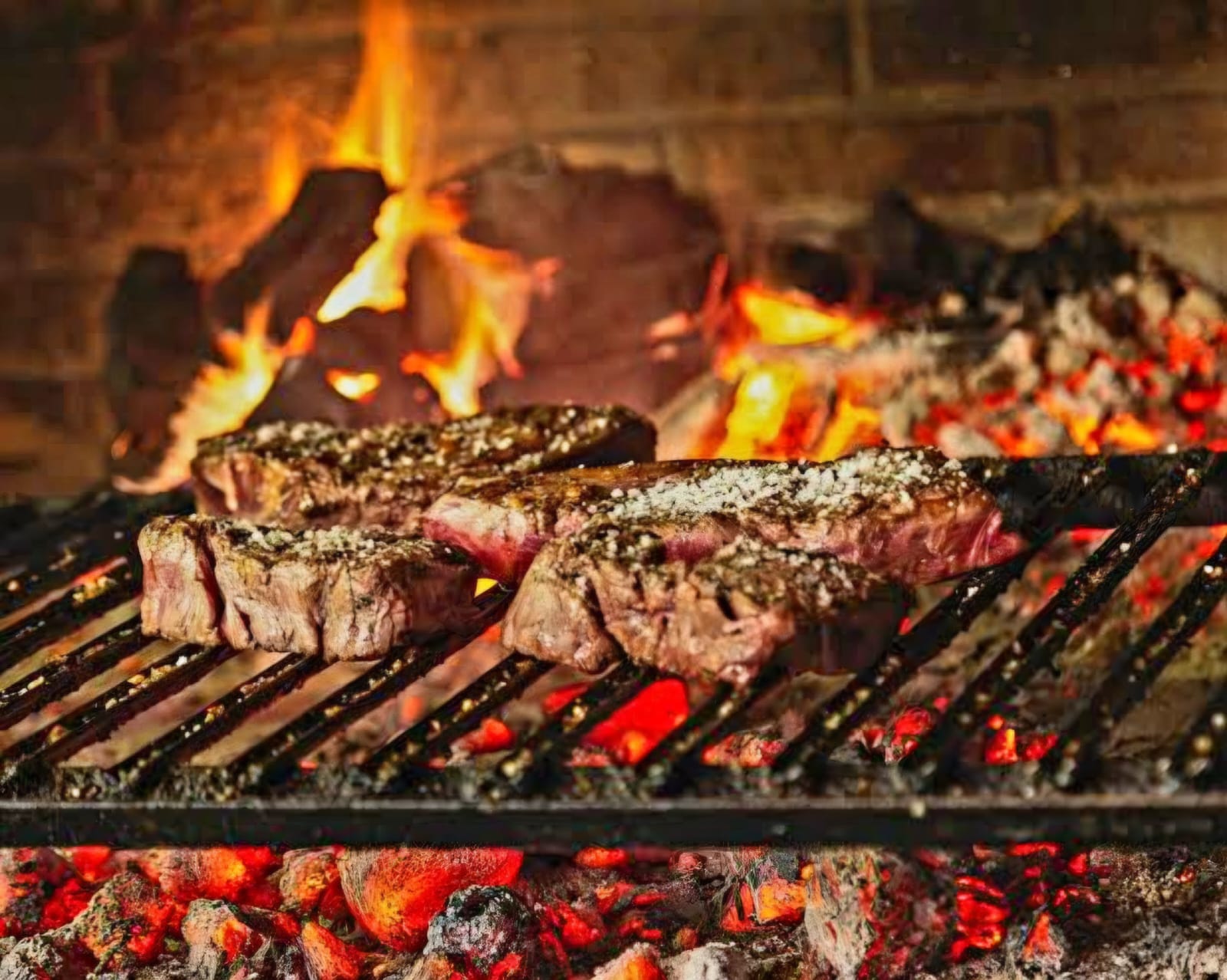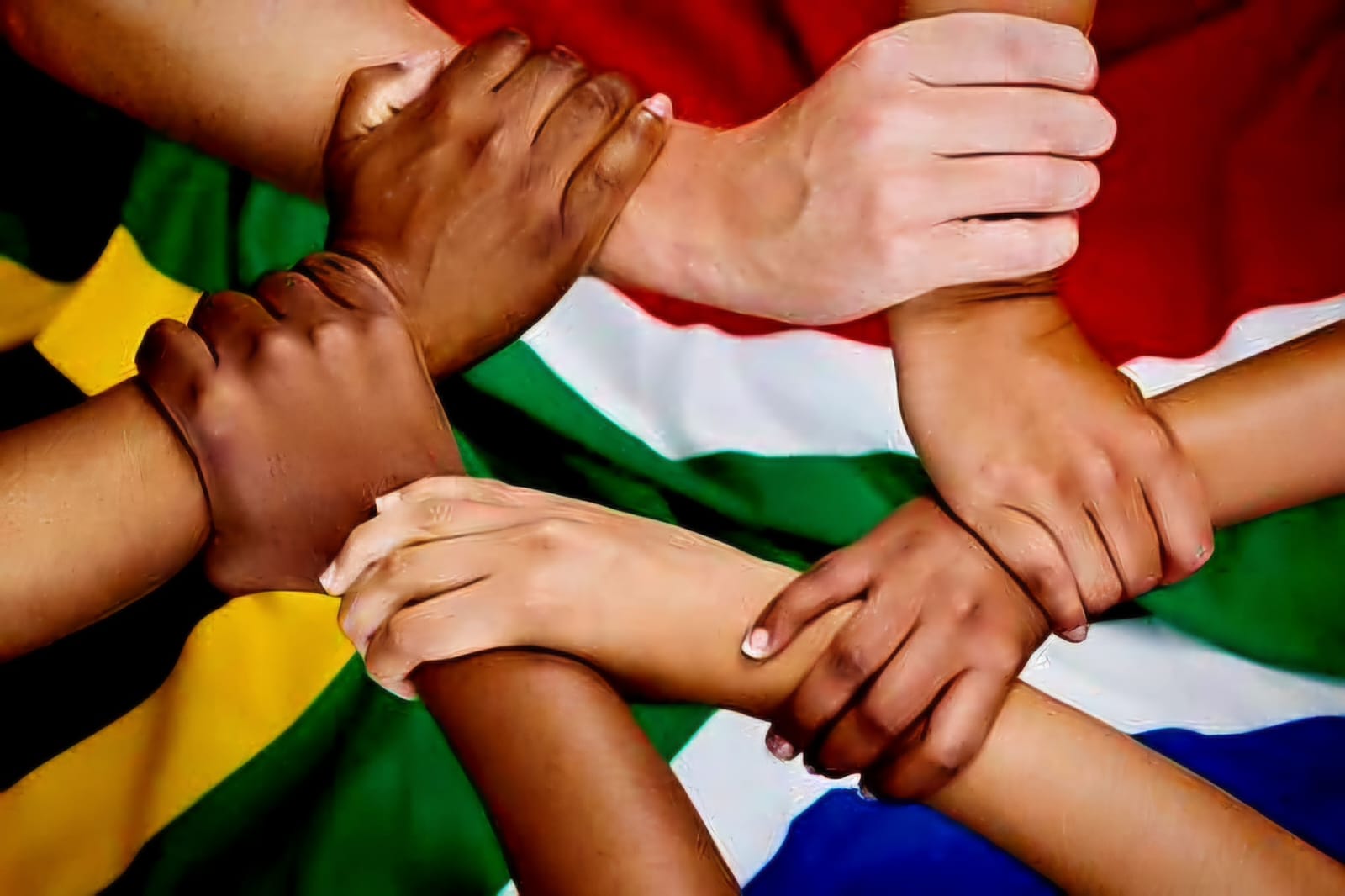On September 24, South Africa ignites a nationwide celebration of National Heritage Day, honoring the rich and diverse cultural landscape that defines the nation. This day is not just a public holiday; it is a heartfelt tribute to the multitude of traditions, languages, and histories that coexist within South Africa’s borders. With twelve official languages, including the recently recognized South African Sign Language, the country showcases an impressive mosaic of identities that enrich its societal fabric.
Established in 1996, Heritage Day was created to promote unity, reconciliation, and a shared sense of identity among South Africans. It encourages citizens to reflect on their diverse backgrounds and appreciate the contributions of individuals from all racial, ethnic, and religious groups. This day serves as a powerful reminder of the importance of inclusivity in a nation still healing from the wounds of apartheid, emphasizing that every voice matters in the collective narrative of the country.

A Day with Historical Depth: Why September 24?
September 24 is not only significant for its celebration of cultural diversity; it is also Shaka’s Day, commemorating the legacy of the legendary Zulu king, Shaka kaSenzangakhona. Known for his pivotal role in uniting various Nguni clans into a cohesive Zulu nation in the 19th century, Shaka’s influence extends beyond his lifetime, resonating deeply within the cultural consciousness of South Africa. Every year, thousands of people gather at King Shaka’s grave to honor his memory, reflecting on his contributions to the nation’s history.
The establishment of Heritage Day was met with challenges. The Inkatha Freedom Party (IFP), which has a significant Zulu membership, played a crucial role in advocating for the recognition of September 24 as a national holiday. In 1996, a compromise was reached, allowing the day to be officially designated as a celebration of South Africa’s diverse cultural heritage. This was a significant step toward promoting inclusivity and honoring the complex identities that make up the nation.

Vibrant Celebrations Across the Nation
Heritage Day is marked by an explosion of festivities throughout South Africa, with communities organizing a myriad of events that reflect their unique cultural practices. Traditional festivals take center stage, showcasing an array of performances, from lively dance routines to captivating musical acts. Families come together to prepare traditional meals, sharing recipes and stories that highlight their unique cultural backgrounds.
Schools also play a vital role in the celebrations, often encouraging students to dress in traditional attire that represents their heritage. This initiative not only fosters pride among the youth but also serves as an educational opportunity, allowing students to learn about and appreciate the diverse cultures within their classrooms and communities. Many schools host cultural showcases, where students perform traditional dances and music, further enriching the festive atmosphere.
In addition to these community-centered celebrations, the day has also given rise to a modern tradition: National Braai Day. Launched by Jan Scannell, affectionately known as “Jan Braai,” this initiative encourages South Africans to come together around the grill, engaging in the cherished tradition of a braai, or barbecue. This culinary celebration has garnered widespread support, including endorsement from prominent figures like Archbishop Desmond Tutu, who serves as the national spokesperson for Braai Day. However, some critics argue that this modern interpretation risks overshadowing the deeper cultural significance of Heritage Day, sparking debates about the commercialization of an important national commemoration.

Connecting with Heritage from Abroad
For those living outside South Africa, celebrating Heritage Day can still be a meaningful experience. Engaging with South African cuisine is a delightful way to connect with the culture. Many international grocery stores now stock South African wines, renowned for their quality, alongside traditional foods such as biltong and koeksisters. For those keen on culinary exploration, attempting to cook traditional dishes like Bobotie, a savory meat dish topped with egg custard, can bring a taste of South Africa to your home.
Engaging with South Africans in your local community can provide valuable insights into their cultures and what Heritage Day means to them. These conversations can deepen your understanding of the complexities of South African identity and foster connections that transcend geographical boundaries. Learning a few phrases in a local language, such as IsiZulu or Afrikaans, can also enrich these interactions and show appreciation for the country’s linguistic diversity.
If the opportunity arises, visiting South Africa presents an incredible chance to experience its breathtaking landscapes and rich cultural heritage firsthand. Travel agencies offer various packages, allowing you to explore stunning destinations such as Cape Town, with its iconic Table Mountain, the picturesque Garden Route, and the wildlife-rich Kruger National Park. Engaging with local communities during your travels can further enhance your appreciation for the vibrant cultures that define the nation.

Embracing the Spirit of Heritage
As National Heritage Day approaches, South Africa stands united in a celebration that emphasizes the beauty of its cultural diversity. This day serves not only as a remembrance of the nation’s history but also as a call for continued unity and understanding among its people. The spirit of Heritage Day invites all South Africans—whether at home or abroad—to honor their roots, celebrate their unique heritages, and recognize the strength found in their differences.
In a world that often seeks to divide, National Heritage Day serves as a powerful reminder of the richness that comes from embracing diversity. As communities come together to share stories, traditions, and food, the celebration becomes a vivid tapestry of cultures woven together in a shared narrative of resilience, hope, and unity. Join the festivities and let the spirit of Heritage Day inspire you to reflect on your heritage and the contributions of others to the colorful mosaic that is South Africa.


